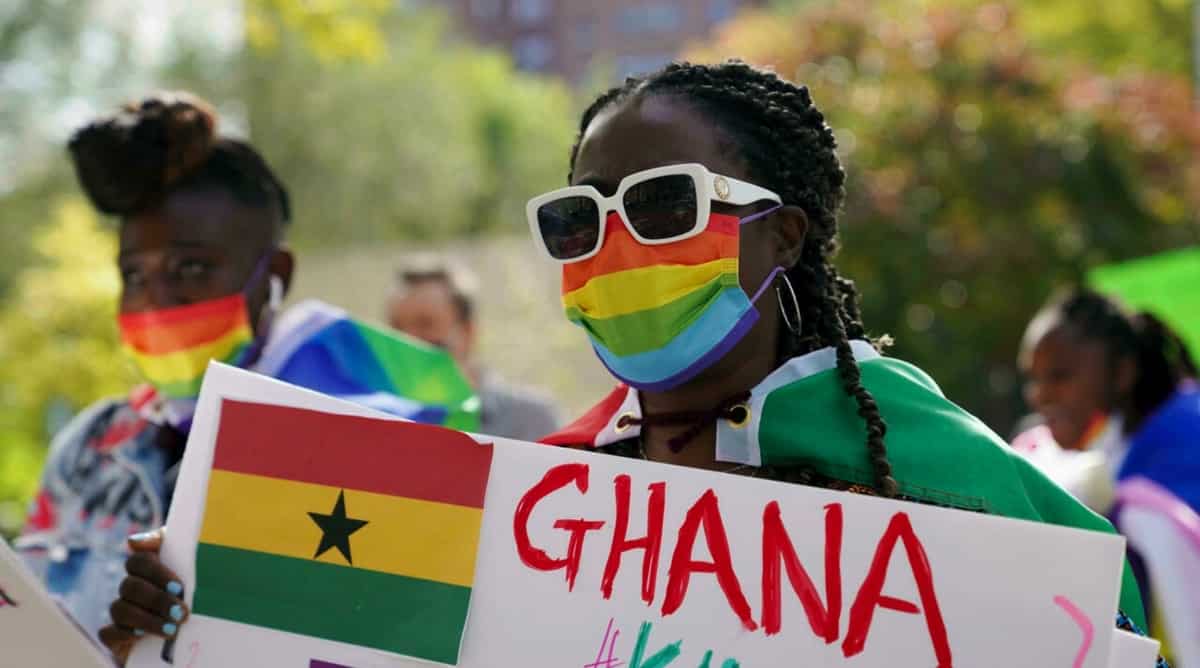Ghana’s President, John Dramani Mahama, has regained control of his X (formerly Twitter) account after it was compromised by hackers and used to promote cryptocurrency content.
The account was restored within 24 hours following swift intervention by cybersecurity experts.
In an update on his X page, President Mahama expressed gratitude for the support received during the incident.
“Thank you for the enquiries and offers to assist,” he wrote, acknowledging the public’s concern over the breach.
The Cyber Security Authority (CSA) confirmed that it received a report on Monday, March 17, regarding the hacking of President Mahama’s official X account, @JDMahama. According to the CSA, the attackers used the platform to advertise “Solana Africa,” a cryptocurrency project, which raised alarm among Ghanaians.
In response, the CSA collaborated with X’s support team and other relevant agencies to secure the account and prevent further unauthorized activities. The authority reassured the public that it is actively investigating the incident to identify the perpetrators and enhance security measures to prevent similar attacks in the future.
“The authority is working closely with X and other relevant stakeholders to address this incident and prevent future occurrences. CSA will provide further updates as the investigation progresses,” the agency stated.



My team has restored my account, working with the X support team.
Thank you for your enquiries and offers to assist. #LetsBuildGhanaTogether
— John Dramani Mahama (@JDMahama) March 18, 2025
Cyber fraud and Ghana’s efforts
The West African nation has long been engaged in the fight against cyber fraud, refining its National Cybersecurity Policy and Strategy to provide a structured approach for enhancing digital security. A key aspect of this effort has been the annual National Cyber Security Awareness Month, which, along with training programs for law enforcement, the public sector, and academia, underscores Ghana’s commitment to building cybersecurity resilience.
On the international stage, Ghana has emerged as a hub for cybersecurity capacity-building, collaborating with global institutions such as the European Union, the Council of Europe (COE), the World Bank, and ECOWAS. The country’s dedication to international cooperation is further demonstrated by its ratification of the Second Additional Protocol to the Budapest Convention and its role in shaping the recent UN Convention on Cybercrimes.
As part of broader efforts to curb cyber threats, Ghana participated in Operation Serengeti, a joint initiative by INTERPOL and AFRIPOL that led to the arrest of 1,006 cybercrime suspects across 19 African nations. The operation, conducted between September and October 2024, disrupted over 134,000 malicious digital infrastructures linked to ransomware, business email compromise (BEC), digital extortion, and online scams. Authorities identified more than 35,000 victims worldwide, with total financial losses reaching nearly $193 million.
Ghana’s leadership in cybersecurity has been further cemented with its Tier 1 status in the 2024 Global Cybersecurity Index (GCI), a prestigious ranking by the International Telecommunication Union (ITU). The index evaluates countries based on five levels of cybersecurity maturity, with Tier 1 representing the highest level of excellence. Ghana’s impressive score of 99.27% makes it the second-highest ranked country in Africa, following Mauritius, and one of only five African nations in this elite category. Globally, Ghana now stands among 46 countries recognized for their advanced cybersecurity frameworks, setting a benchmark for other nations.








